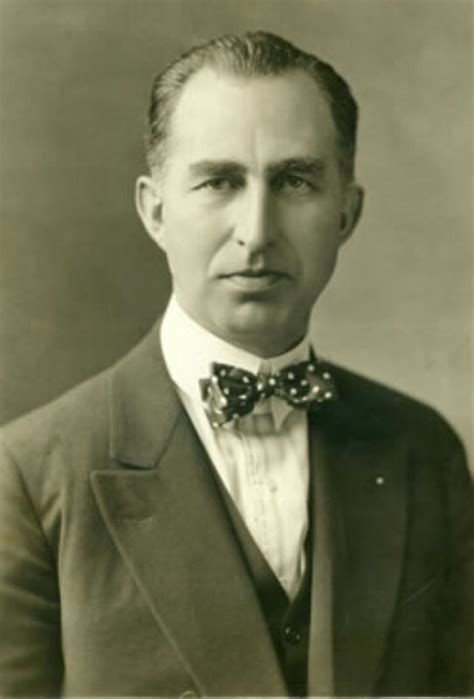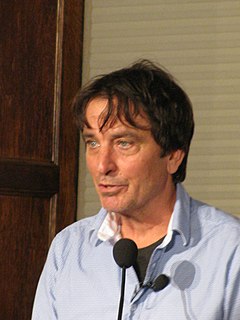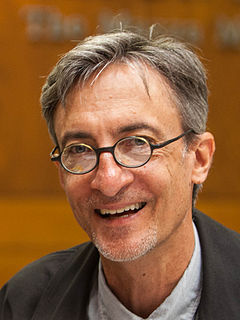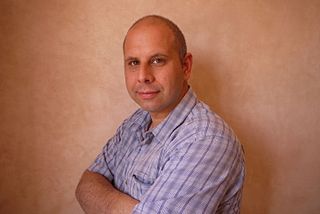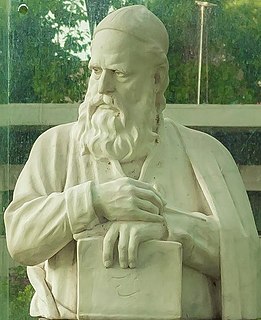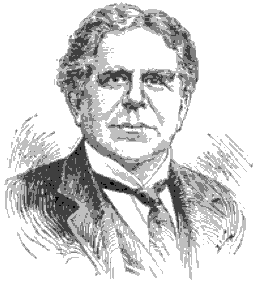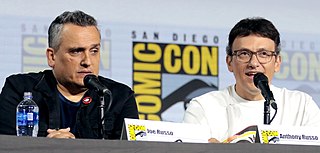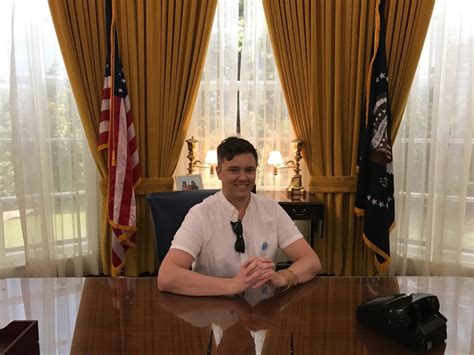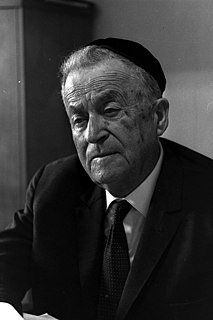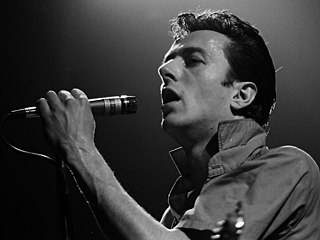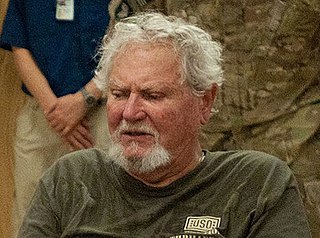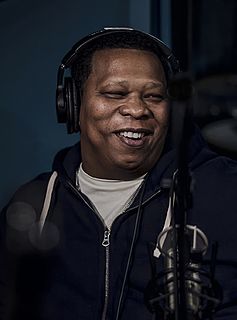Top 1200 One Book Quotes & Sayings - Page 4
Explore popular One Book quotes.
Last updated on April 20, 2025.
There were times when I thought I had to be completely off-book and ready to give my opening night performance at the audition, but then I swung back to a more relaxed view of it. Certainly you've looked at the material and prepared it, but there's no reason to be off-book. You're not getting points for being off-book.
The book of the moment often has immense vogue, while the book of the age, which comes in its company from the press, lies unnoticed; but the great book has its revenge. It lives to see its contemporary pushed up shelf by shelf until it finds its final resting-place in the garret or the auction room.
If 'Mystery Train' is my Nixon book and 'Lipstick Traces' my Reagan book, 'Invisible Republic' is my Bill Clinton book. I really liked Clinton. He made me proud to be part of this country again. For all of his failings, the way he put all that he'd done in jeopardy, I supported him from beginning to end.
The book is a uniquely durable object, one that can be fully enjoyed without being damaged. A book doesn't require fuel, food, or service; it isn't very messy and rarely makes a noise. A book can be read over and over, then passed on to friends, or resold at a garage sale. A book will not crash or freeze and will still work when filled with sand. Even if it falls into the bath, it can be dried out and finished. Books require no special training to operate.
You can't write a book if you've never read a book. And if you've read five books and you try to write a book, your book will mainly encompass the themes and the context of the five books you've read. Now, the more books you read, the more you can bring to a book when you decide to write one. So the more rap I learned, the more I was able to bring to rap when I decided to rap. But this was all subconscious.
A travel book is a book that puts you in the shoes of the traveler, and it's usually a book about having a very bad time, having a miserable time, even better. You don't want to read a book about someone having a great time in the South of France, eating and drinking and falling in love. What you want to read is a book about a guy going through the jungle, going through the arctic snow, having a terrible time trying to cross the Sahara, and solving problems as they go.
I was perpetually grief-stricken when I finished a book, and would slide down from my sitting position on the bed, put my cheek on the pillow and sigh for a long time. It seemed there would never be another book. It was all over, the book was dead. It lay in its bent cover by my hand. What was the use? Why bother dragging the weight of my small body down to dinner? Why move? Why breathe? The book had left me, and there was no reason to go on.
Once in a very long time you come across a book that is far, far more than the ink, the glue and the paper, a book that seeps into your blood. With such a book the impact isn't necessarily obvious at first...but the more you read it and re-read it, and live with it, and travel with it, the more it speaks to you, and the more you realize that you cannot live without that book. It's then that the wisdom hidden inside, the seed, is passed on.
If you want to write about a person who isn't nice, people say, "This is a bad book. It's about somebody I couldn't stand." But that's not the point. You don't have to like a character to like a book. Most of the time, people would misjudge and say, "I didn't like the book." No, you didn't like the character. That doesn't make it any less interesting of a book. In fact, to me, it makes it more interesting.
I can walk into a bookshop and point out a number of books that I find very unattractive in what they say. But it doesn't occur to me to burn the bookshop down. If you don't like a book, read another book. If you start reading a book and you decide you don't like it, nobody is telling you to finish it.
Because he did not have time to read every new book in his field, the great Polish anthropologist Bronislaw Malinowski used a simple and efficient method of deciding which ones were worth his attention: Upon receiving a new book, he immediately checked the index to see if his name was cited, and how often. The more "Malinowski" the more compelling the book. No "Malinowski", and he doubted the subject of the book was anthropology at all.
In America, and no doubt elsewhere, we have such a tendency toward the segregation of cultural products. This is a black book, this is a gay book, this is an Asian book. It can be counterproductive both to the literary enterprise and to people's reading, because it can set up barriers. Readers may think, "Oh, I'm a straight man from Atlanta and I'm white, so I won't enjoy that book because it's by a gay black woman in Brooklyn." They're encouraged to think that, in a way, because of the categorization in the media.
The Bible is the Only Book That Can Make Us Wise unto Salvation. The Bible is not a book to be studied as we study geology and astronomy, merely to find out about the earth's formation and the structure of the universe; but it is a book revealing truth, designed to bring us into living union with God.
It's somewhat of a contradiction, .. I guess the quieter the voice, the more necessary it is to push it. It's not going to leap out at you and scream. I also can't control how a book is marketed. To say the book marketing is aggressive, fine, I'm happy with that. Push the book. That doesn't mean that my personality or writing style changes.
The burning of a book is a sad, sad sight, for even though a book is nothing but ink and paper, it feels as if the ideas contained in the book are disappearing as the pages turn to ashes and the cover and binding--which is the term for the stitching and glue that holds the pages together--blacken and curl as the flames do their wicked work. When someone is burning a book, they are showing utter contempt for all of the thinking that produced its ideas, all of the labor that went into its words and sentences, and all of the trouble that befell the author . . .
What's your favorite book?' is a question that is usually only asked by children and banking identity-verification services--and favorite isn't, anyway, the right word to describe the relationship a reader has with a particularly cherished book. Most serious readers can point to one book that has a place in their life like the one that 'Middlemarch' has in mine.


